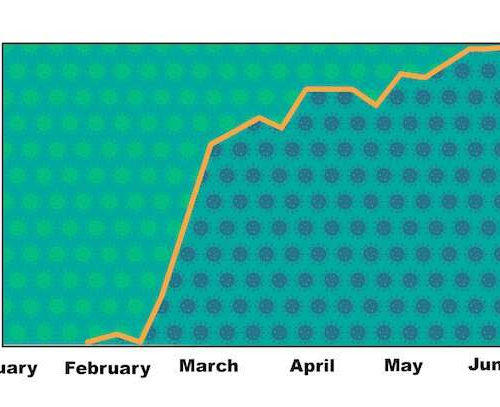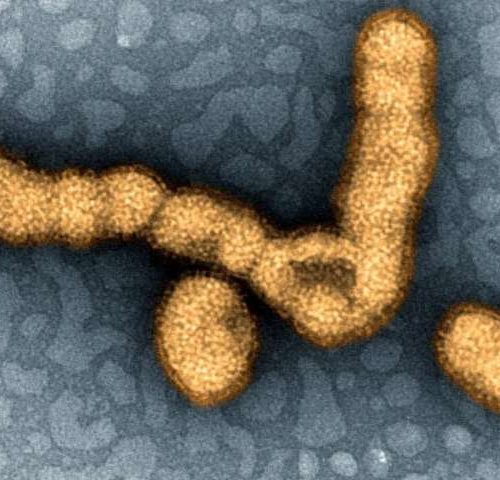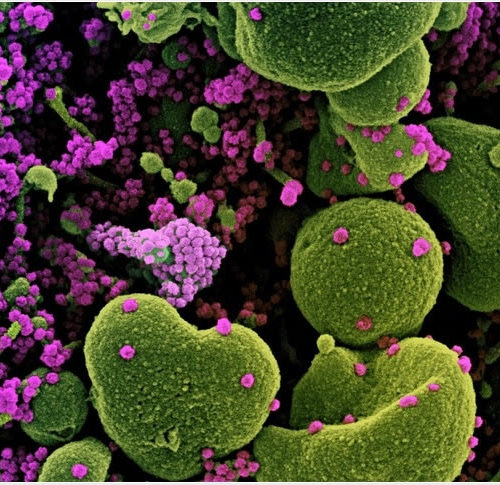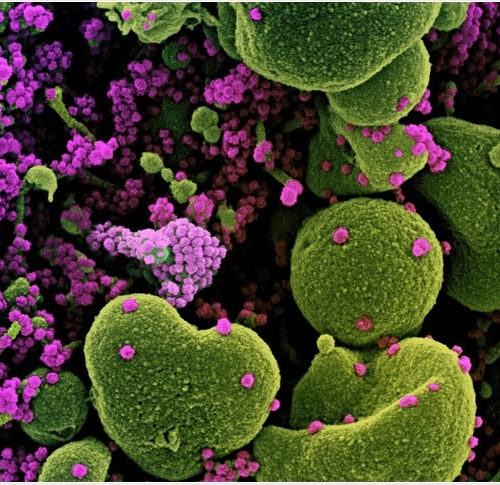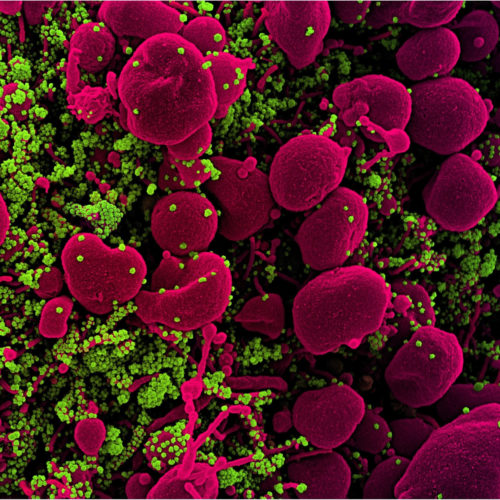ST. PETERSBURG STATE UNIVERSITY Anna Aksenova, a senior research associate at the Laboratory of Amyloid Biology at St Petersburg University, has advanced a hypothesis that the severe course of COVID-19 may be associated with von Willebrand factor. It is one of the main components of the blood coagulation system. As the researcher suggests, the replication...
Category: <span>Virology</span>
How a mutation on the novel coronavirus has come to dominate the globe
by La Jolla Institute for Immunology Flashback to mid-March: the novel coronavirus had reached San Diego, California. Few people could get tested, and even less was known about how the virus mutated as it spread from person to person. Scientists now know that two variants of the novel coronavirus (SARS-CoV-2) were circulating at that time....
New, more infectious strain of COVID-19 now dominates global cases of virus
Researchers have shown that a variation in the viral genome of Covid-19 improved its ability to infect human cells and helped it become the dominant strain circulating around the world today. The study, published today in the journal Cell, shows the variation is more infectious in cell cultures under laboratory conditions. The variant, named ‘D614G’,...
Coronavirus damages the endocrine system
Steroids may offer vital COVID-19 treatment strategy THE ENDOCRINE SOCIETY WASHINGTON–People with endocrine disorders may see their condition worsen as a result of COVID-19, according to a new review published in the Journal of the Endocrine Society. “We explored the previous SARS outbreak caused by the very similar virus SARS-CoV-1 to advise endocrinologists involved in...
New swine flu strain found in China poses threat of pandemic
by Bob Yirka, Science X Network, Medical Xpress A team of researchers affiliated with a host of institutions in China and one in the U.S. has found evidence of a new strain of swine flu that poses a possible threat to humans. In their paper published in Proceedings of the National Academy of Sciences, the...
SARS-CoV-2 has been evolving for at least 7 years
By Dr. Liji Thomas, MD The current COVID-19 pandemic demonstrates the vast unknown of virology, which continues to challenge the ability of humanity to remain healthy when faced with pathogens. While most known microbes have restricted affinity for specific species, continuing to adapt with the host species, the severe acute respiratory syndrome coronavirus 2 (SARS-CoV-2)...
Virginia Tech scientists confirm usually harmless virus attacks the heart’s electrical system
Fralin Biomedical Research Institute scientists show adenovirus disrupts electrical signaling, impedes new communication channels. Credit: Fralin Biomedical Research Institute Adenovirus, which typically can cause a common cold, has a far more dangerous impact if it reaches the heart. When the virus commandeers gap junctions, it can slow production of connexin43, disturbing the electrical system that...
GENES MAY EXPLAIN WHY SOME PEOPLE LOVE TO HUG
By Dr. Liji Thomas, MD The current COVID-19 pandemic demonstrates the vast unknown of virology, which continues to challenge the ability of humanity to remain healthy when faced with pathogens. While most known microbes have restricted affinity for specific species, continuing to adapt with the host species, the severe acute respiratory syndrome coronavirus 2 (SARS-CoV-2)...
Nanosponges could intercept coronavirus infection
UNIVERSITY OF CALIFORNIA – SAN DIEGO Nanoparticles cloaked in human lung cell membranes and human immune cell membranes can attract and neutralize the SARS-CoV-2 virus in cell culture, causing the virus to lose its ability to hijack host cells and reproduce. The first data describing this new direction for fighting COVID-19 were published on June...
Blood group type may affect susceptibility to COVID-19 respiratory failure
By Sally Robertson, B.Sc. A group of over 120 researchers from various institutions across Europe has performed the first genome-wide association study to reveal host genetic factors that may contribute to respiratory failure in cases of coronavirus disease 209 (COVID-19). The authors say the genetic variants they have identified could help guide further research into...

